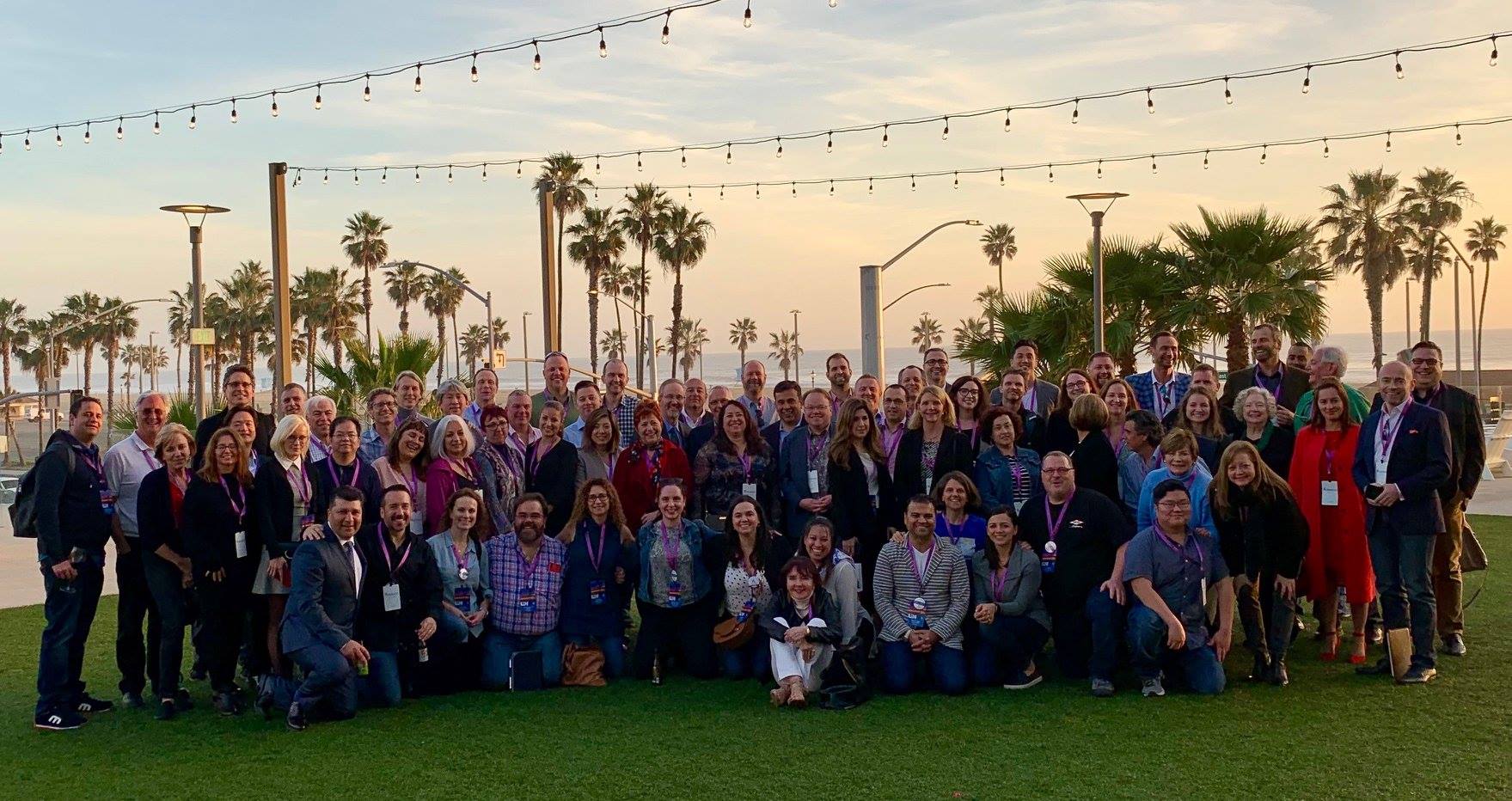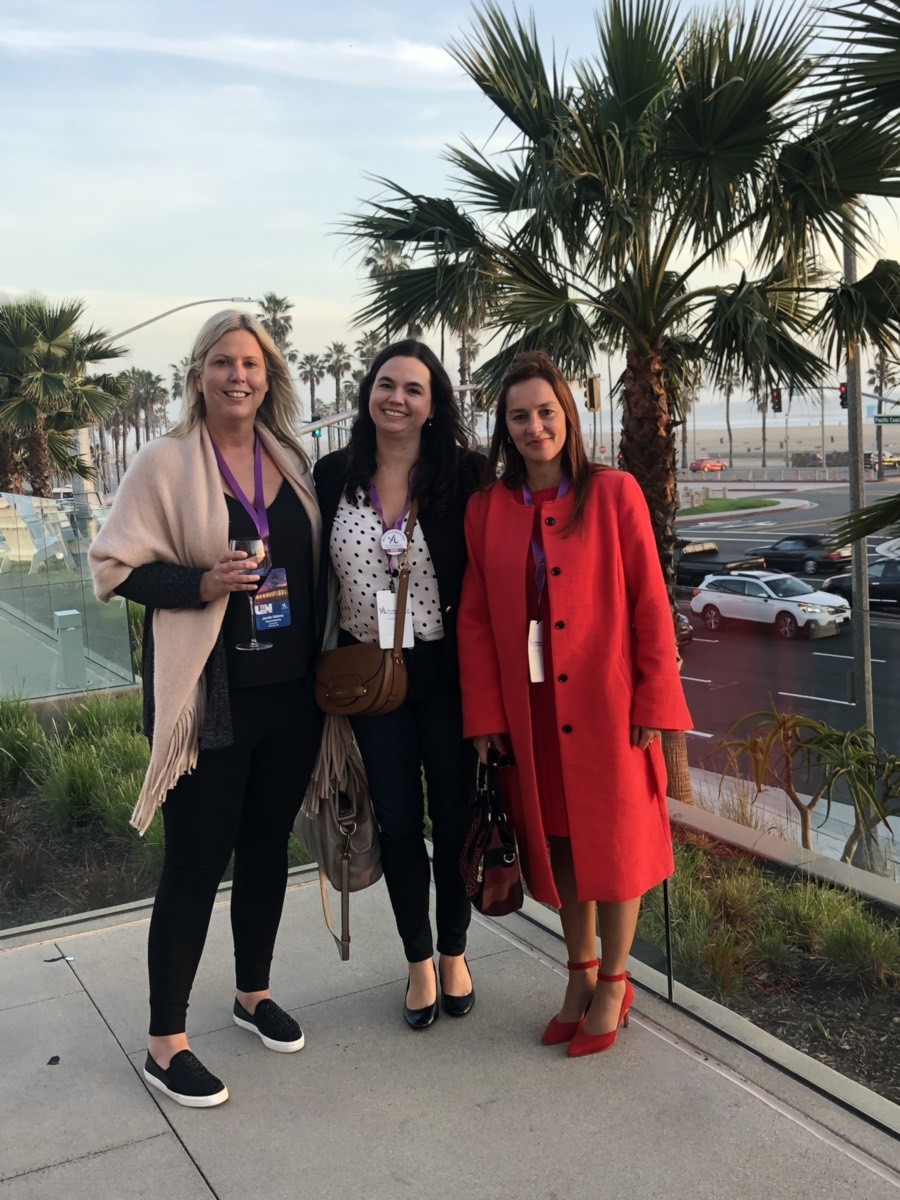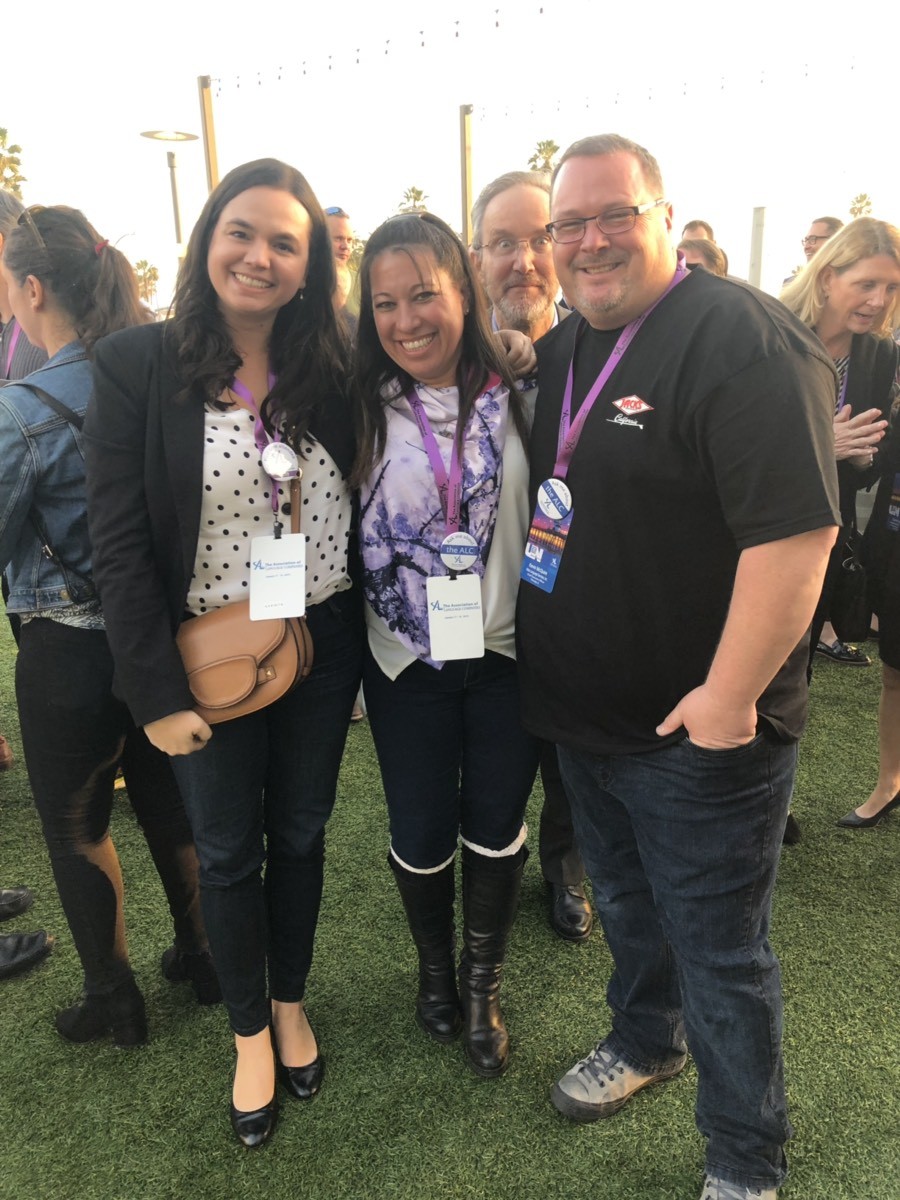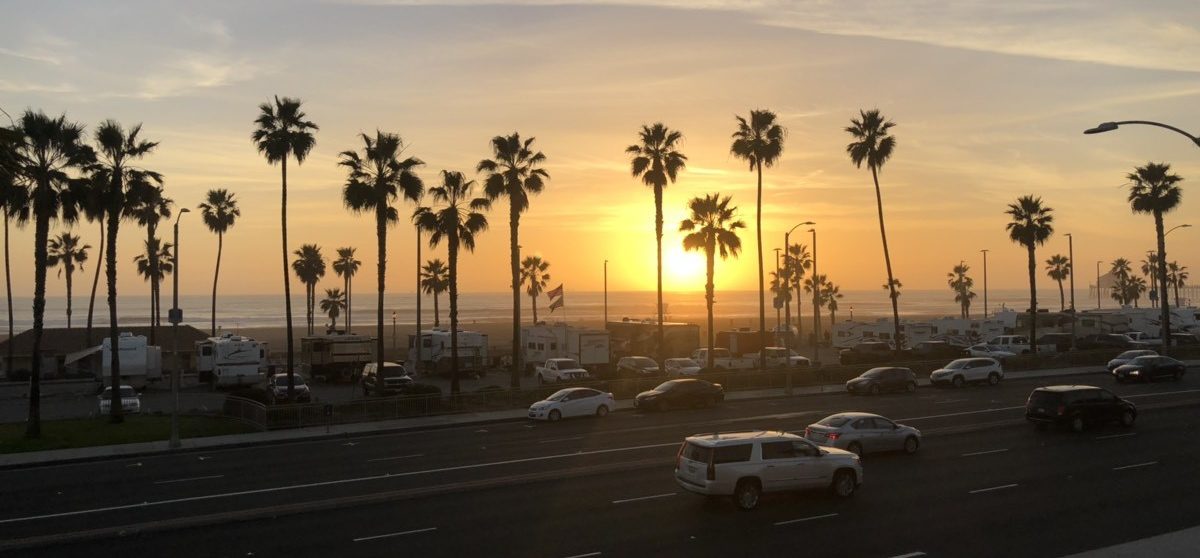The Terra Translations team is gearing up for this year’s Globalization and Localization Association (GALA) conference held in Munich, Germany on March 24-27. The annual conference brings together professionals within the translation and localization industry for a unique opportunity to network, discuss emerging trends, and exchange best practices. Participants will spend four exhilarating days attending sessions, workshops, panels, and sharing ideas to evolve and innovate the translation industry. In addition to professional growth, attendees will be treated to a magical tour of the Neuschwanstein Castle and the Hohenschwangau Castle. These destinations are two of Germany’s most iconic and enchanting landmarks.
“The GALA conference is important because it builds a supportive community for translation professionals,” explained Marina Ilari, CEO of Terra Translations. “It’s a place to learn about new technologies and trends. Most importantly the event is a place to network and learn from each other as industry peers.”
What is GALA?
The conferences are produced by GALA, a global, non-profit trade association for the translation and localization industry. The membership organization supports the globalization sector by creating communities, championing standards, sharing knowledge, and advancing translation technology. Moreover, GALA plays an incredible role in the industry by strengthening professional standards. The non-profit supports initiatives that help global language industry professionals improve individual and organizational performance to meet the demands of multilingual markets.
GALA Film Fest
GALA encourages the participation of its member through various creative outlets. One such outlet was a short Film Fest contest of which the Terra team won twice. Although the Film Fest is no longer taking place, the team enjoyed the process of storyboarding and producing these humorous short films which can still be viewed today. The competition showcased GALA members’ personalities and originality.
Tips for Newbies
Since 2009, the conference has drawn together top executives and senior leaders comprising more than 80 percent of total attendees. A key goal for organizers is to ensure that relevant contacts are made that generate new business. To support this mission, Ilari recommends that first-time participants attend the Newbie Orientation held on day one.
“The Newbie Orientation is a great way to start the conference,” Ilari explains. “This dedicated time offers new attendees an opportunity to meet one another and participate in “icebreaker” activities with fellow delegates. It’s a perfect way to jump-start networking.”
There will be a variety of high-caliber speakers that give attendees practical takeaways to apply to their practice or business. Ilari and her team are especially excited for Cristina Anselmi’s presentation on machine translation in the gaming industry. Video game localization is one of Terra’s specializations, an area that will continue to ramp up in 2019.
To make the most of every GALA conference she attends, Ilari takes vivid notes during the seminars and presentations. When she arrives home Ilari immediately shares inspirational ideas and valuable lessons with her team. Still fresh from the conference and invigorated, she will continue to research conference topics and apply them to strategically grow her business.
In conclusion, let’s meet!
Along with Ilari, Julieta Trovant and Colleen Beres will pack their bags and head to Munich. The team is ready to make new connections and refresh existing ones. If you plan on attending the GALA Conference, be sure to say hello to the Terra Team and share what you love most about language.

























